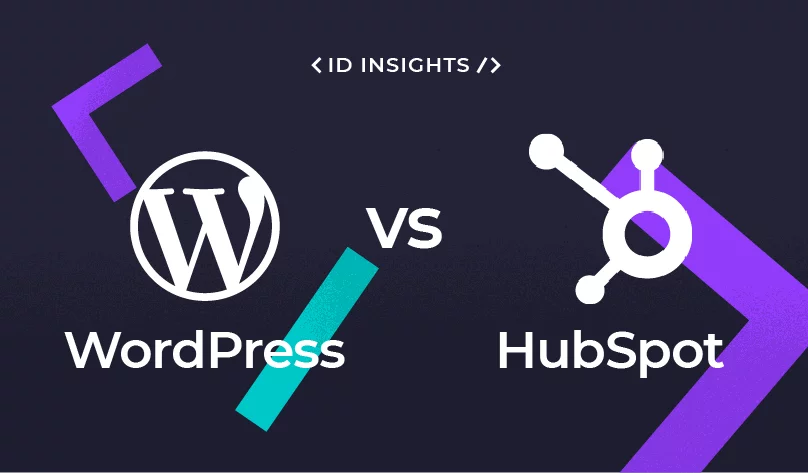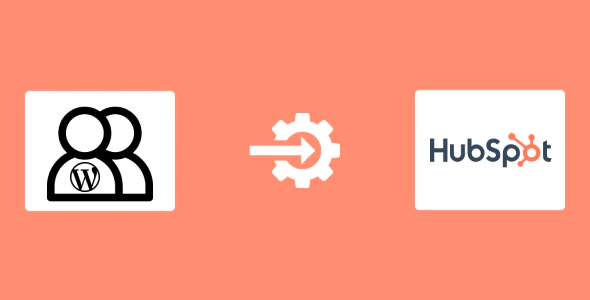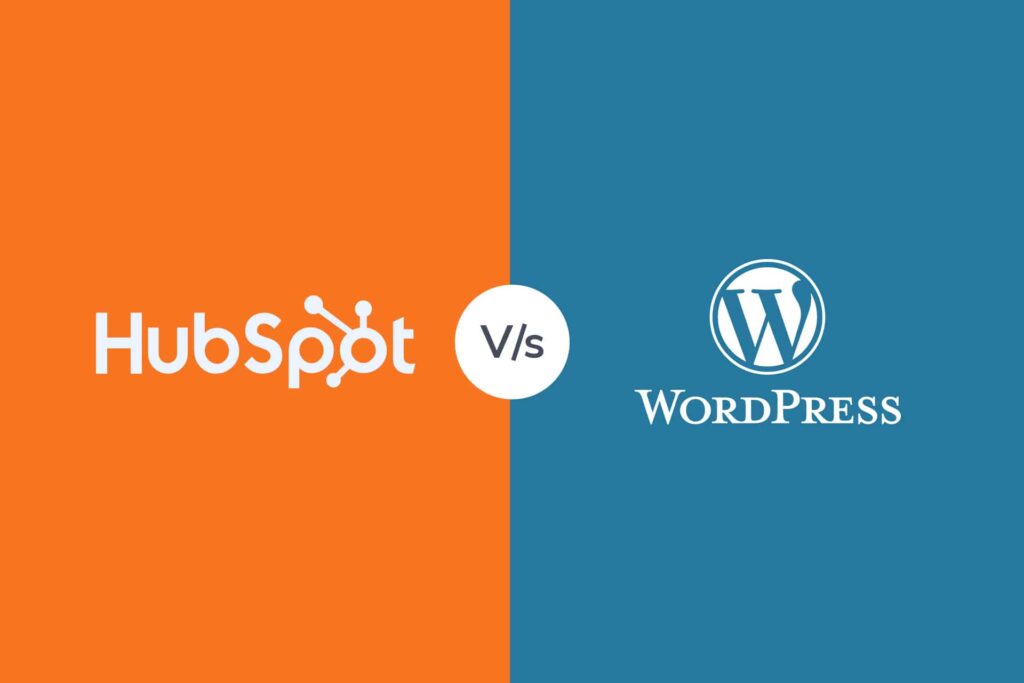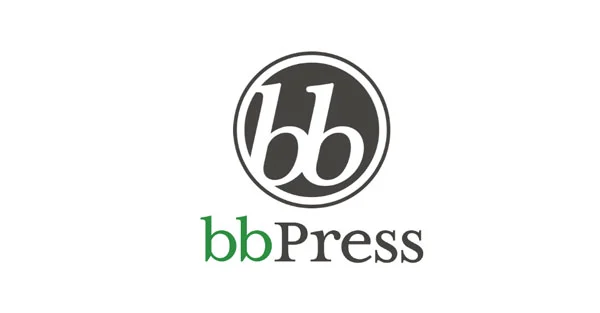Table of Contents
Introduction
WordPress and HubSpot are two powerful platforms that can help you streamline your marketing efforts, generate leads, and improve your overall marketing performance. By integrating the two platforms, you can take advantage of the strengths of both and create a powerful marketing solution that can help you achieve your goals. In this guide, we’ll explore the benefits of WordPress and HubSpot integration and provide you with a step-by-step guide to get started.

The Benefits of WordPress and HubSpot Integration
Integrating WordPress and HubSpot offers a number of benefits, including:
- Marketing automation: With WordPress and HubSpot integration, you can automate your marketing processes, making it easier to generate leads, engage customers, and track your results.
- Lead generation: Hubspot is a powerful lead generation tool that can help you identify and convert leads into customers. By integrating the platform with WordPress, you can easily capture and nurture leads, improving your conversion rates and increasing your overall return on investment.
- CRM integration: Hubspot is a comprehensive CRM that can help you manage your contacts, leads, and customers, making it easier to keep track of your sales pipeline and customer interactions.
- Marketing analytics: With WordPress and Hubspot integration, you can gain insights into your marketing performance, including website traffic, lead generation, and customer engagement, allowing you to make data-driven decisions and improve your overall marketing results.
- Personalization: With Hubspot, you can personalize your website, marketing campaigns, and customer interactions, improving your overall customer experience and increasing your engagement rates.
Step-by-Step Guide to WordPress and HubSpot Integration

- Install the Hubspot plugin on WordPress: The first step in integrating WordPress and Hubspot is to install the Hubspot plugin on your WordPress website. This will allow you to connect your website to your Hubspot account, making it easier to manage your marketing and lead generation efforts.
- Connect your WordPress website to Hubspot: Once you have installed the Hubspot plugin, you can connect your WordPress website to your Hubspot account. This will allow you to access your Hubspot data and marketing tools from within WordPress.
- Create landing pages: Create landing pages in Hubspot that can be integrated with your WordPress website. These landing pages can be used to capture leads and convert visitors into customers.
- Create forms: Create forms in Hubspot that can be integrated with your WordPress website. These forms can be used to capture leads and provide valuable information about your visitors.
- Create email campaigns: Create email campaigns in Hubspot that can be integrated with your WordPress website. These campaigns can be used to nurture leads, engage customers, and deliver relevant and personalized content.
- Analyze your data: Use Hubspot’s analytics tools to track your website traffic, lead generation, and customer engagement, allowing you to make data-driven decisions and improve your marketing performance.
Features in WordPress and HubSpot
WordPress is a website platform that has been around for over two decades and has evolved into one of the most popular website building tools on the market. With its user-friendly interface and intuitive design tools, WordPress makes it easy for anyone to create and manage a website, regardless of technical experience. In this blog, we’ll take a closer look at the features of WordPress, helping you to understand why it is the ultimate website platform for all your needs.
Website Builder:
One of the main features of WordPress is its website builder. With its user-friendly interface and intuitive design tools, WordPress makes it easy for you to create and manage a website, even if you have no technical experience.
Content Management:
WordPress is also a content management system, making it easy for you to create and manage content for your website. With its intuitive interface, you can easily create and publish blog posts, pages, and other types of content.
SEO:
Search engine optimization (SEO) is crucial for your website’s success, and WordPress makes it easy to optimize your site for search engines. With built-in SEO features, such as customizable title tags and meta descriptions, WordPress helps you improve your website’s visibility and ranking in search engines.
Plugins:
One of the key benefits of WordPress is its vast library of plugins and add-ons. With over 55,000 plugins available, you can extend the functionality of your WordPress site to meet your specific needs. Whether you need to add a form, enhance your site’s security, or improve your SEO, there is a plugin available to help you.
Themes:
Another great feature of WordPress is its wide selection of themes. With thousands of themes to choose from, you can find a theme that fits your brand and style, and quickly customize it to meet your specific needs. Whether you need a simple blog theme or a more complex e-commerce theme, you can find it in the WordPress theme library.
Customizability:
WordPress is highly customizable, making it easy for you to personalize your website to meet your specific needs. With its design tools and vast library of plugins and themes, you can create a website that is truly unique and tailored to your brand.
Security:
Security is a top priority for WordPress, and the platform has built-in security features to help keep your website safe from threats such as hacking and malware. Additionally, WordPress is constantly updating its security measures to stay ahead of the latest threats, giving you peace of mind that your website is secure.
Analytics:
With its built-in analytics features, WordPress makes it easy for you to track your website traffic, lead generation, and customer engagement. With plugins and add-ons, such as Google Analytics and Monster Insights, you can track your data and make informed decisions about how to improve your website’s performance.
E-Commerce:
WordPress is also a great platform for e-commerce. With its e-commerce plugins and add-ons, such as WooCommerce, you can easily create and manage an online store, selling products and services directly from your website.
HubSpot is a comprehensive inbound marketing platform that offers a suite of tools for businesses to attract, engage, and delight customers. The platform provides a range of features that help businesses streamline their marketing efforts and improve their overall performance.
In this blog, we will explore some of the key features that make Hubspot a powerful marketing platform, and how they can help businesses improve their marketing results.
- CRM (Customer Relationship Management)
One of the most important features of Hubspot is its CRM system. This system is designed to help businesses manage their relationships with customers and prospects in a more efficient and effective way. The CRM system provides a centralized database of customer information that can be easily accessed by the sales, marketing, and customer service teams.
This information can be used to track customer interactions, manage customer journeys, and provide personalized communication. The CRM system is integrated with the other tools in the Hubspot platform, so businesses can get a complete picture of their customers’ interactions with their brand.
- Marketing Automation
Marketing automation is another key feature of Hubspot. This feature allows businesses to automate repetitive marketing tasks and streamline their marketing efforts. The marketing automation tool in Hubspot is easy to use and provides a range of pre-built workflows that can be customized to meet the needs of different businesses.
For example, businesses can set up workflows to automatically send emails to new leads, nurture leads over time, and trigger targeted campaigns based on customer behavior. This allows businesses to save time and focus on other tasks, while still providing a high level of engagement to their customers.
- Social Media Management
Social media is a critical component of any inbound marketing strategy. Hubspot provides a range of tools for businesses to manage their social media presence, including social media publishing, monitoring, and analytics.
The social media publishing tool allows businesses to schedule and publish content to multiple social media networks from one centralized location. The monitoring tool provides real-time monitoring of social media mentions and comments, so businesses can respond quickly to customer inquiries and feedback. The analytics tool provides insights into the performance of social media campaigns, so businesses can make informed decisions about their social media strategy.
- Content Management System (CMS)
Hubspot’s CMS is a powerful tool that allows businesses to create, manage, and publish content to their website. The CMS is integrated with the other tools in the Hubspot platform, so businesses can track the performance of their content, and make informed decisions about their content strategy.
The CMS also includes a range of pre-built templates and design elements that can be easily customized to meet the needs of different businesses. This allows businesses to create a professional and engaging website with minimal design expertise.
- Email Marketing
Email marketing is an important component of any inbound marketing strategy, and Hubspot provides a range of tools for businesses to create, send, and track their email campaigns. The email marketing tool in Hubspot is easy to use, and provides a range of pre-built templates and design elements that can be easily customized to meet the needs of different businesses.
The email marketing tool is also integrated with the other tools in the Hubspot platform, so businesses can track the performance of their email campaigns, and make informed decisions about their email strategy.
- Lead Management
Lead management is an important part of any inbound marketing strategy, and Hubspot provides a range of tools to help businesses manage their leads more effectively. The lead management tool in Hubspot is integrated with the CRM system, so businesses can track the journey of their leads from initial contact to conversion.
Difference between WordPress and HubSpot

WordPress and Hubspot are two popular platforms used by businesses for website building, marketing automation, and lead generation. But which one is right for your business? In this blog, we’ll explore the differences between WordPress and Hubspot, helping you to make an informed decision about which platform is right for you.
Website Builder:
WordPress is a website builder that allows you to create and manage a website without any technical knowledge. With its user-friendly interface and intuitive design tools, you can create a professional-looking website in no time.
Hubspot, on the other hand, is a marketing platform that offers website building capabilities. While it is not as robust as WordPress, Hubspot’s website builder is designed to help businesses create a website that is optimized for lead generation, with features such as lead forms, calls-to-action, and landing pages.
Marketing Automation:
Both WordPress and Hubspot offer marketing automation capabilities, but Hubspot takes it to the next level. With Hubspot’s marketing automation tools, you can create workflows, automate lead nurturing, and send targeted email campaigns to your audience.
Lead Generation:
Lead generation is one of the primary reasons businesses choose Hubspot. With its lead generation tools, such as forms, calls-to-action, and landing pages, Hubspot makes it easy to capture leads and turn visitors into customers.
WordPress, on the other hand, does not have native lead generation capabilities. However, you can install plugins and add-ons to your WordPress site that will help you capture leads, such as Gravity Forms and Contact Form 7.
CRM:
Hubspot is a comprehensive CRM that can help you manage your contacts, leads, and customers. With its CRM, you can keep track of your sales pipeline and customer interactions, allowing you to provide better customer service and improve your sales results.
WordPress does not have a native CRM, but you can install plugins and add-ons to help you manage your contacts and customers, such as WP-CRM and Contact Form 7.
Content Management:
WordPress is a content management system that makes it easy to create and manage content for your website. With its intuitive interface, you can easily create and publish blog posts, pages, and other types of content.
Hubspot, on the other hand, is a marketing platform that offers limited content management capabilities. While you can create and publish blog posts and pages in Hubspot, it is not as robust as WordPress, and you may find that you need to use a different platform for your content management needs.
Personalization:
Both WordPress and Hubspot offer personalization capabilities, allowing you to provide a personalized experience to your audience. With WordPress, you can use plugins and add-ons, such as Gravity Forms and Contact Form 7, to personalize your website, forms, and customer interactions.
Hubspot, on the other hand, has built-in personalization capabilities, making it easy to personalize your website, marketing campaigns, and customer interactions.
Analytics:
Both WordPress and HubSpot offer analytics capabilities, allowing you to track your website traffic, lead generation, and customer engagement. With WordPress, you can use plugins and add-ons, such as Google Analytics and Monster Insights, to track your data.
WordPress and HubSpot Conclusion
In conclusion, WordPress and Hubspot integration can help you streamline your marketing efforts, generate leads, and improve your overall marketing performance. By taking advantage of the strengths of both platforms, you can create a powerful marketing solution that can help you achieve your goals. Consider integrating WordPress and HubSpot today and see the difference for yourself.


